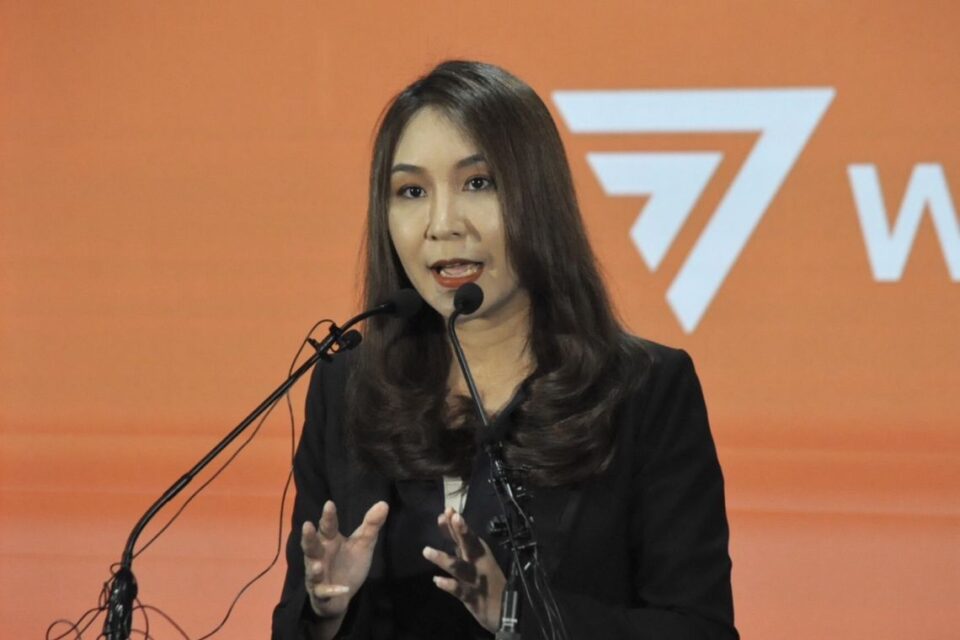Ms. Sirikanya Tansakun, deputy leader of the Move Forward Party (MFP), stated on May 26 that registered marijuana farmers and business owners would still be protected legally even if the next administration reclassifies marijuana as a narcotic. Ms. Sirikanya, a potential MFP commerce minister, stated at the press conference held yesterday that the MFP wants to reclassify cannabis as a controlled substance in order to enable law enforcement and the Office of the Narcotics Control Board to finish the task left unfinished by the caretaker government.
According to Ms. Sirikanya, the objective would not be to outright outlaw or close down all cannabis shops and begin detaining and fining users.The new government will immediately pass new laws to control the use, production, growing, import, and export of marijuana while also legally protecting currently licensed registered marijuana growers and business operators like dispensaries.
This will happen after using a ministerial regulation of the Ministry of Public Health to re-list the plant.I insist that cannabis company owners and marijuana farmers will also be protected and permitted to conduct their operations as usual so long as they have registered and are given authorization to do so, said Ms. Sirikanya. To ensure that law enforcement is aware of this, a formal notice will be made.
Her declaration came in response to mounting worries among numerous groups of cannabis-related business owners and producers following the coalition partners lead by the MFP’s statement that they will re-list cannabis as a narcotic in the memorandum of understanding.
Considering that a sizable portion of the Thai population now uses marijuana for medicinal and admittedly recreational purposes, as well as the fact that millions of Thais are now growing plants at home, it would be “challenging” for marijuana to become completely illegal once more, a marijuana retailer in the province of Nonthaburi told Thai media.
The business owner claimed that those who depend on marijuana for medical ailments, such as children with epilepsy who need CBD oil, would be severely impacted if it were once again made a restricted substance. Additionally, it might be logistically impossible to penalize or detain millions of Thais for possessing a modest amount of marijuana. There was also a great deal of worry that some dishonest police may target foreign marijuana users and tourists for extortion with astronomical costs and jail threats, similar to vaping, if marijuana was relisted as a narcotic.
Ms. Sirikanya assured business owners and marijuana farmers who had legally registered with the government, however, that they shouldn’t be concerned.She avoided discussing the topic of cannabis usage for recreational purposes and did not immediately address worries that users or customers may be singled out if the plant were declared a narcotic.
She did, however, clarify that the designation as a narcotic was to give a temporary legal framework for regulation and was primarily intended to discourage unlicensed street vendors and smuggling/illegal importing, not to target consumers or close down enterprises.
The assurances will be required because there are over 12,000 cannabis firms with licenses, millions of plants and registrations, and it is a popular tourism destination. Some companies are nevertheless hesitant, fearing that if the plant is reclassified as a narcotic, a crackdown may still happen because it is still technically viable. Chuwit, a well-known anti-cannabis activist and former politician, was not thrilled with the Move Forward Party’s proposal to permit currently licensed businesses to continue operating.





